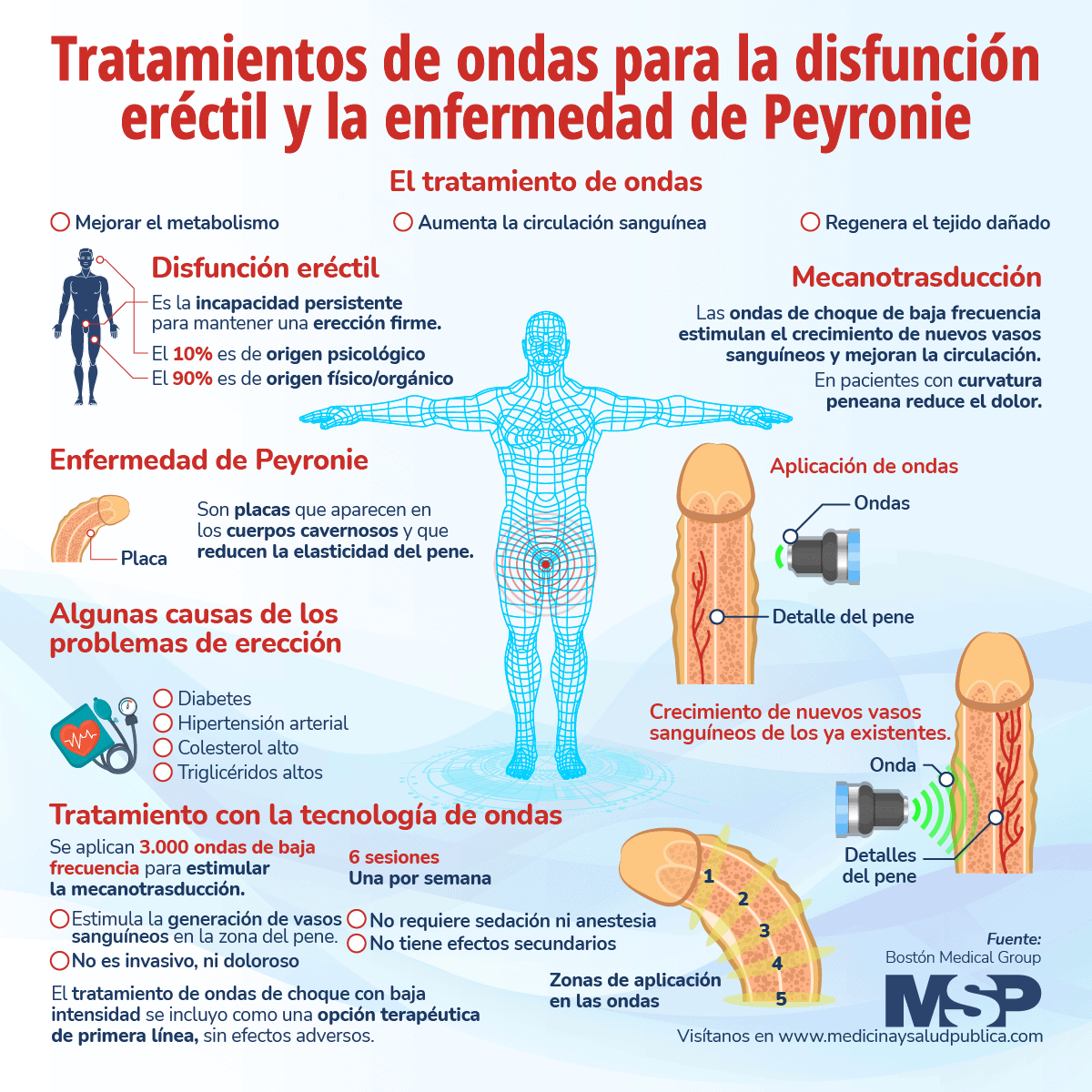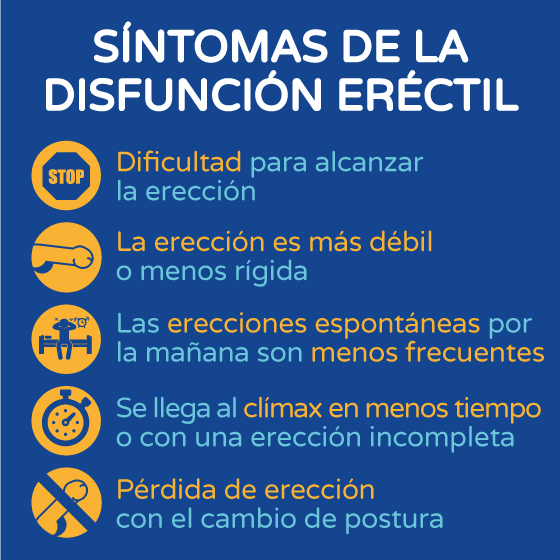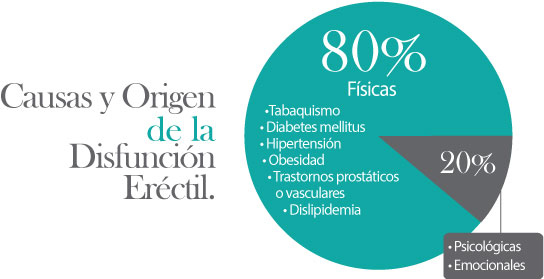Book Appointment Now
Síntomas De La Disfunción Eréctil: Guía Exhaustiva

[Síntomas De La Disfunción Eréctil: Guía Exhaustiva]

Executive Summary

This comprehensive guide delves into the symptoms of erectile dysfunction (ED), providing a detailed understanding of this common male health concern. We’ll explore the various manifestations of ED, ranging from the obvious to the subtle, helping men identify potential issues and seek appropriate medical attention. This guide aims to demystify ED, reducing stigma and empowering men to take control of their sexual health. We will cover crucial subtopics, including physical symptoms, psychological factors, lifestyle impacts, diagnostic methods, and available treatment options, offering a holistic perspective on managing and overcoming ED. This guide is intended for informational purposes only and does not replace professional medical advice.

Introduction
Erectile dysfunction (ED), also known as impotence, is the inability to achieve or maintain an erection firm enough for satisfactory sexual intercourse. While often associated with aging, ED can affect men of any age and is frequently linked to underlying health conditions, lifestyle choices, or psychological factors. Understanding the symptoms is crucial for early detection and effective management. This guide will provide you with a detailed understanding of the various signs and symptoms, enabling you to make informed decisions about your health. Don’t suffer in silence; take control of your sexual well-being.
Frequently Asked Questions (FAQs)
Q: Is ED always a sign of a serious medical problem?
- A: Not necessarily. While ED can be a symptom of underlying health issues such as heart disease or diabetes, it can also be caused by stress, anxiety, relationship problems, or certain medications. A proper medical evaluation is necessary to determine the underlying cause.
Q: Can ED be treated effectively?
- A: Yes. Many effective treatments are available, ranging from lifestyle changes and medication to surgery and psychological therapies. The best treatment option will depend on the underlying cause and individual circumstances. Consulting a healthcare professional is essential to find the right approach.
Q: Should I be embarrassed to talk to my doctor about ED?
- A: Absolutely not. ED is a common problem, and your doctor is there to help. Open communication is vital for accurate diagnosis and effective treatment. Many doctors have experience dealing with this issue and can offer support and guidance.
Síntomas Físicos de la Disfunción Eréctil
The physical symptoms of ED can be quite diverse, and recognizing them is the first step towards seeking help. These symptoms manifest directly within the body’s physical response to sexual stimulation.
- Incapacidad para lograr una erección: This is the most obvious symptom – the inability to achieve an erection firm enough for intercourse, regardless of sexual stimulation.
- Erecciones suaves o inconsistentes: Experiencing erections that are not hard enough for penetration or that come and go unpredictably.
- Disminución del deseo sexual (libido): While not directly an erection problem, a decrease in sexual desire can be a precursor to or a symptom alongside ED.
- Eyaculación precoz: In some cases, ED can be accompanied by premature ejaculation, creating a complex sexual health issue.
- Dificultad para mantener una erección: Being able to get an erection but finding it difficult to maintain it throughout sexual activity.
- Cambios en la firmeza de la erección: Noticeable fluctuations in the hardness of the erection during sexual activity.
Factores Psicológicos y la Disfunción Eréctil
Psychological factors play a significant role in the development and persistence of ED. Emotional and mental well-being directly impacts the body’s ability to achieve and sustain an erection.
- Estrés: High levels of stress can significantly impact sexual function, leading to difficulties achieving or maintaining an erection.
- Ansiedad: Performance anxiety, specifically the fear of not being able to perform sexually, is a major contributor to ED.
- Depresión: Depression is frequently linked to lower libido and difficulties with sexual function, including ED.
- Problemas de la relación: Relationship conflicts, lack of intimacy, and communication issues can contribute to ED.
- Baja autoestima: Negative self-image and feelings of inadequacy can impact sexual confidence and contribute to ED.
- Trauma: Past traumatic experiences, particularly those related to sexual abuse or assault, can significantly affect sexual function.
Impacto del Estilo de Vida en la Disfunción Eréctil
Lifestyle choices can dramatically impact sexual health, contributing to or exacerbating ED. Making positive lifestyle changes can be a crucial part of treatment and prevention.
- Obesidad: Being overweight or obese is a significant risk factor for ED, due to its impact on hormones and blood flow.
- Falta de ejercicio: Lack of physical activity can contribute to poor cardiovascular health, which is closely linked to ED.
- Dieta poco saludable: A diet high in processed foods, unhealthy fats, and sugar can negatively impact overall health, including sexual function.
- Consumo excesivo de alcohol: Excessive alcohol consumption can interfere with the body’s ability to achieve and maintain an erection.
- Tabaquismo: Smoking damages blood vessels, reducing blood flow to the penis and increasing the risk of ED.
- Consumo de drogas: Recreational drug use can severely impair sexual function, significantly contributing to ED.
Diagnóstico de la Disfunción Eréctil
A proper diagnosis is crucial for determining the underlying cause of ED and selecting the most appropriate treatment. Medical professionals utilize various methods to evaluate and diagnose ED.
- Examen físico: A thorough physical exam helps assess overall health and identify any underlying medical conditions that might be contributing to ED.
- Análisis de sangre: Blood tests can help rule out medical conditions such as diabetes, high cholesterol, and low testosterone.
- Estudio de sueño: In some cases, sleep studies may be recommended to evaluate for sleep apnea, which can be linked to ED.
- Pruebas de función eréctil: These tests measure the ability of the penis to achieve and maintain an erection, assisting in determining the cause of ED.
- Evaluación psicológica: Psychological evaluation helps assess for anxiety, depression, or relationship issues that may be contributing to ED.
- Análisis de la historia clínica: A detailed review of medical history, including medications and lifestyle factors, helps identify potential causes of ED.
Opciones de Tratamiento para la Disfunción Eréctil
Several effective treatments are available for ED, offering men a variety of options tailored to individual needs and preferences.
- Cambios en el estilo de vida: Adopting a healthier lifestyle, including diet, exercise, and stress management techniques, can significantly improve ED symptoms.
- Medicamentos: Oral medications like phosphodiesterase-5 inhibitors (PDE5i) are commonly used to improve erectile function.
- Terapia de reemplazo de testosterona: If low testosterone levels are a contributing factor, testosterone replacement therapy can be beneficial.
- Inyecciones intracavernosas: Injections directly into the penis can help achieve and maintain an erection.
- Dispositivos de vacío: Vacuum erection devices help draw blood into the penis, facilitating an erection.
- Cirugía: In some cases, surgery may be considered to correct underlying vascular or anatomical issues. This is usually a last resort.
Conclusion
Erectile dysfunction is a complex issue with a wide range of potential causes, ranging from physical to psychological factors and lifestyle choices. Recognizing the symptoms, understanding the underlying causes, and seeking appropriate medical attention are crucial steps towards effective management and treatment. Remember, you are not alone, and there is hope. With the right diagnosis and treatment plan, many men successfully overcome ED and regain their sexual confidence and satisfaction. Don’t hesitate to consult a healthcare professional to discuss your concerns and explore the available options. Early intervention can significantly improve the chances of a positive outcome. Take control of your sexual health; it’s an essential aspect of overall well-being. Open communication with your doctor is key to finding the best solution for you.
Keyword Tags
Erectile Dysfunction, ED Symptoms, ED Treatment, Psychological Causes of ED, Lifestyle Factors ED


